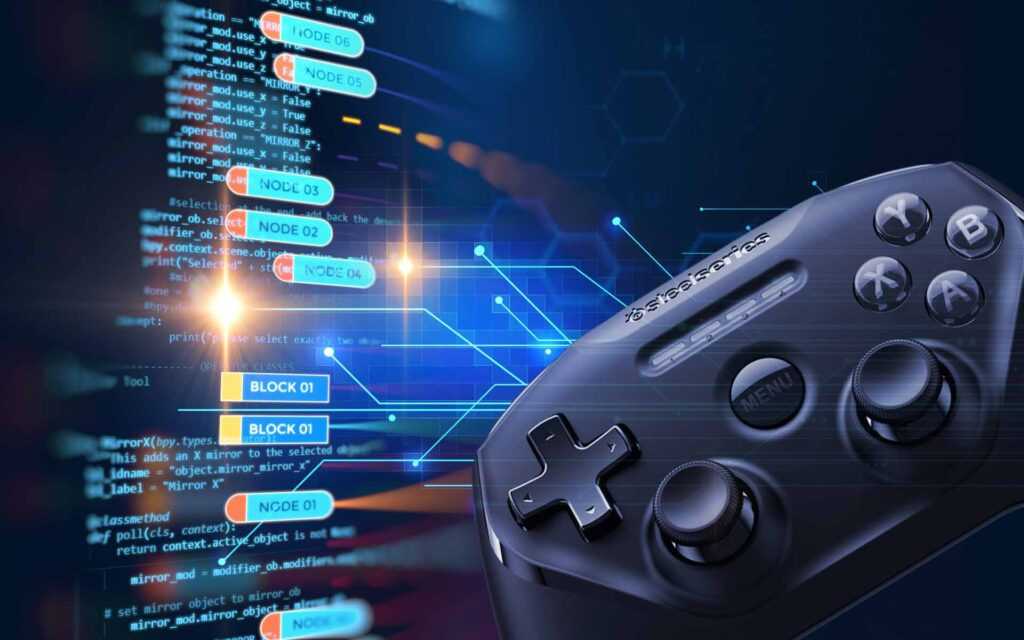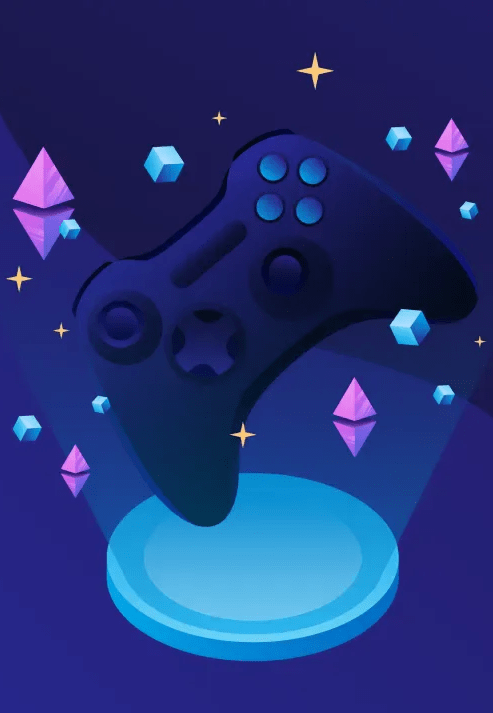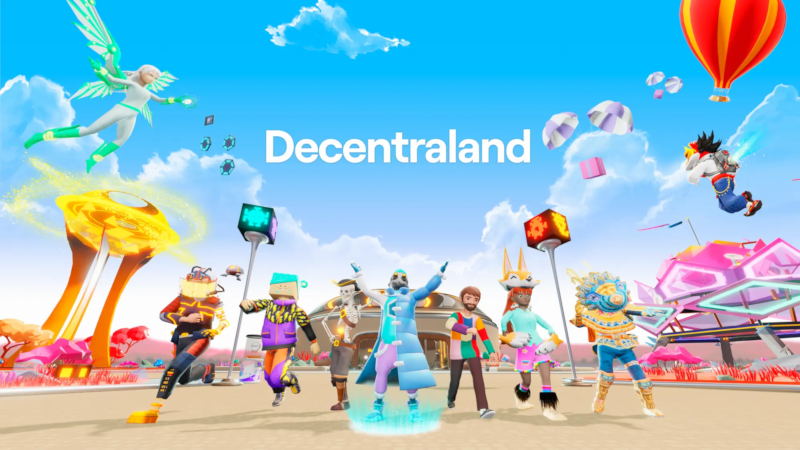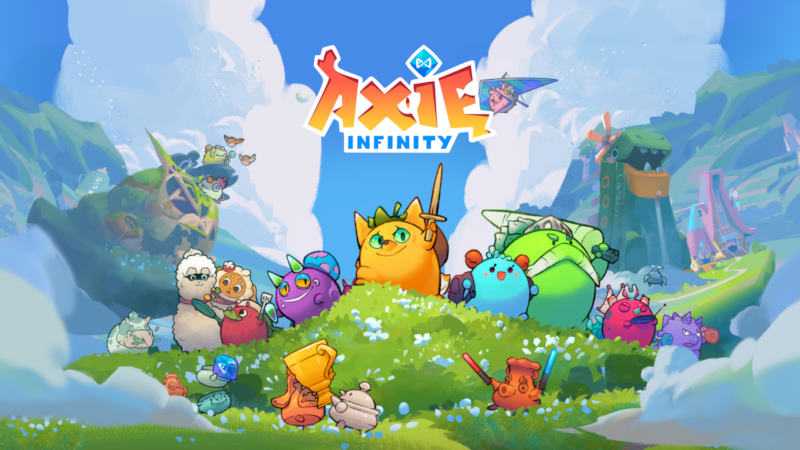Challenges Faced by Blockchain Gaming
Technological Barriers
Blockchain gaming faces significant technological barriers that can hinder its mainstream adoption. One of the key challenges is scalability. Blockchain networks, like Ethereum, may struggle to handle the high throughput demands of popular games, leading to slow transaction speeds and high gas fees. Improving scalability solutions, such as layer-2 scaling solutions or migrating to more efficient blockchains, is essential to enhance the player experience and attract more users to blockchain gaming.
Another technological barrier is user experience (UX) complexity. While blockchain technology offers unique benefits, such as asset ownership and security, the onboarding process for new players can be daunting. Simplifying the user interface and enhancing UX design to make interactions with blockchain elements seamless and intuitive is crucial for widespread adoption. Developers must focus on creating user-friendly interfaces that offer the benefits of blockchain technology without overwhelming players with technical details.
Regulatory Hurdles
Regulatory uncertainties pose a challenge to the growth of blockchain gaming. The evolving landscape of cryptocurrency regulations and the lack of clear guidelines for blockchain-based games create uncertainty for developers and players alike. Issues related to Know Your Customer (KYC) and Anti-Money Laundering (AML) compliance, taxation of virtual assets, and cross-border transactions can complicate the legal framework surrounding blockchain gaming.
Moreover, the classification of in-game assets, such as NFTs, and their implications for intellectual property rights raise legal concerns. Ensuring compliance with existing regulations while navigating the evolving legal landscape is crucial to building trust with players and attracting investment in blockchain gaming projects. Collaborating with regulatory bodies and industry stakeholders to establish clear guidelines and compliance standards will be essential for the long-term success and legitimacy of blockchain gaming.
The Future of Blockchain Gaming
Trends and Predictions
Looking ahead, the future of blockchain gaming holds immense promise and potential. One of the key trends shaping the industry is the rise of Play-to-Earn (P2E) models. These innovative gameplay designs allow players to not only enjoy immersive gaming experiences but also earn real rewards for their in-game activities. As the P2E model gains traction, more game developers are likely to adopt this approach, offering gamers new ways to monetise their skills and time spent in virtual worlds.
Moreover, the integration of cryptocurrencies within blockchain games is set to become more prevalent. Tokens like Gala (GALA) and Beam (BEAM) are already playing integral roles in the GameFi market, providing players with opportunities to engage in in-game transactions, receive rewards, and participate in governance mechanisms. This trend signifies a shift towards a more economically vibrant gaming ecosystem where players can have true ownership of their in-game assets and be incentivised for their contributions.
Another exciting prediction for the future of blockchain gaming is the continued convergence with other emerging technologies such as virtual reality (VR) and augmented reality (AR). By combining blockchain’s decentralised infrastructure with immersive technologies, game developers can create even more engaging and interactive experiences for players. This fusion has the potential to redefine the boundaries of traditional gaming and offer users a glimpse into the future of digital entertainment.
As blockchain gaming continues to evolve, it is likely to attract a diverse audience of players, including traditional gamers intrigued by the unique opportunities presented by this new gaming paradigm. The industry’s commitment to decentralisation, user empowerment, and economic inclusivity is reshaping the way we perceive and engage with digital entertainment. With an increasing number of blockchain games entering the market, the future of gaming is not just about fun and entertainment but also about ownership, rewards, and community-driven gameplay experiences.





